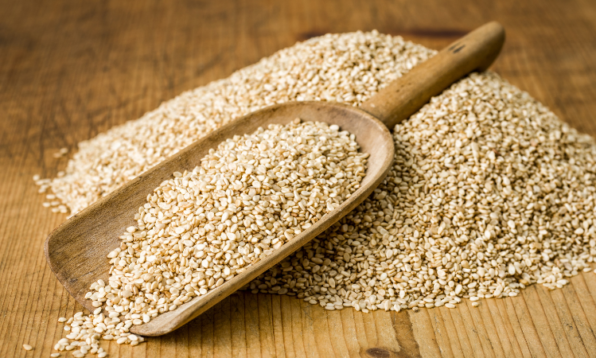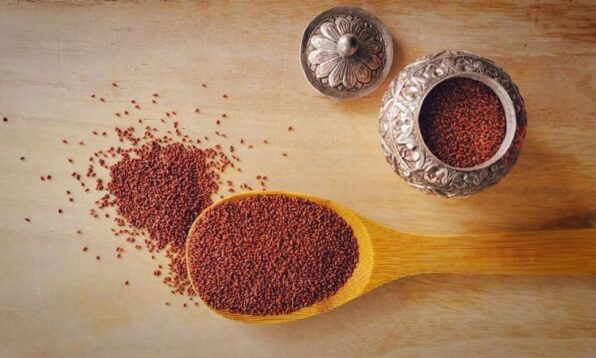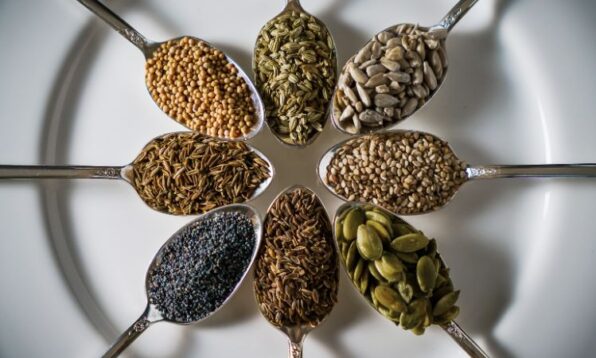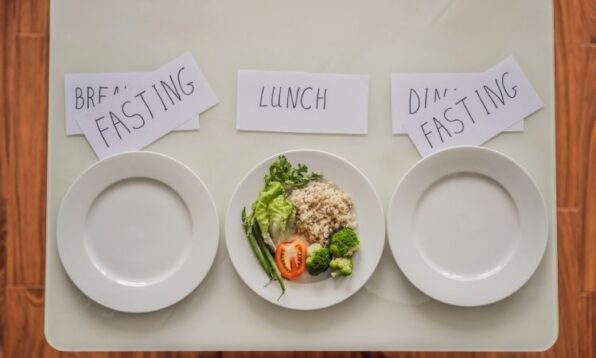Are you also hopping onto the high-protein diet trend? While protein might be the trending buzzword in wellness, it’s not the only key to fitness. If consumed in excess amounts, protein does more harm than you can imagine. So, before you chug another glass of protein shake or grill another 200 gms of chicken, pause and learn what happens if you eat too much protein.
We spoke to Sports Dietitian Ananya Somani Kanoria about the health impact of protein, how much you need, and how to meet your daily intake. Here’s what she suggests.
Is high protein good for everyone?
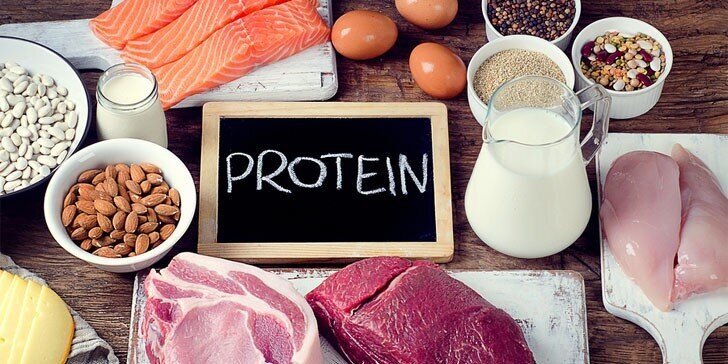
According to Ananya, protein requirements are usually higher for active individuals or those with specific goals. However, protein is also important for supporting healthy ageing, maintaining muscles, regulating blood sugar, and overall wellbeing. “Whether we label it high protein or not, prioritising adequate quantity is relevant for most of us. It’s more about why you need it than the intensity of exercises,” Ananya says. In this context, you must know the daily protein requirement of an average person.
What’s the right quantity of protein for an average person?
“As reported by Harvard Health Publishing, the Recommended Dietary Allowance (RDA) suggests 0.8 grams of protein per kilogram of body weight. But this is considered a minimum, not a target for optimal health,” Ananya says. So, for an average healthy adult, she recommends aiming for around 1-1.2 grams of protein/kg of body weight. This will support muscle mass, satiety, metabolic health, body composition, and healthy ageing.
Ananya also suggests protein requirements for specific populations. Athletes require 1.2-2.2 grams of protein/kg of body weight, and older adults should consume at least 1.2 grams of protein/kg of body weight or more to prevent muscle loss, according to the dietitian. But what happens if you eat too much protein?
How much protein is too much?

Instead of excessive intake, Ananya warns against the risk of missing out on other nutrients to meet your protein requirement. Are you neglecting carbohydrates, healthy fats, or fibre to fulfil your protein needs? Our body requires all the nutrients; we cannot replace them with protein. “Less fibre intake might lead to digestive issues, or less carbohydrate intake, especially for an active individual, can compromise recovery, immunity, and digestion,” Ananya says.
As reported by Healthline, a maximum of 2.5-3.5 grams of protein/kg of body weight is safe for healthy individuals. “I’m not suggesting that’s what we require. It’s more contextual. And unless one has pre-existing health conditions, including chronic kidney disease, our body can digest and utilise protein just fine,” Ananya says. Simultaneously, she cautions about the impact of a protein deficiency and an imbalanced diet. “Eating too little protein leads to poor recovery, stagnancy or decline in fitness and athletic performance, muscle loss, potential impact on blood glucose control and lipid profile,” the dietitian explains.
Symptoms of protein deficiency
Do you want to know if you’re taking too much or too little protein? Pay attention to the signs your body gives. Do you often feel hungry? Are you more focused on building muscle, improving recovery, strength, and body composition (including fat and muscle mass)? If that’s your goal and you’re not close to the required amount, Ananya suggests increasing your protein intake to support healthy ageing. But when should you decrease your protein consumption?
Symptoms of excess protein consumption
Are you facing digestive issues with protein? Or are you neglecting other nutrients, or overeating in totality to meet your protein target? Ananya recommends moderating your intake. But eating adequate protein is still not enough. You must also have it from a good source.
Best sources of protein

According to Ananya, the best way to meet protein needs is through a diverse, food-first approach. For non-vegetarians, she suggests having lean meat, eggs and fish to fulfil your protein requirement. Food items like low-fat paneer, yoghurt, dahi and milk are great options for vegetarians. “If you’re a vegan, include items like firm tofu, edamame, soya beans, tempeh and pulses in your diet,” recommends Ananya. “Combine and utilise a variety of protein-rich foods in your meals. This is more helpful for plant-based eaters in obtaining all the essential amino acids,” she adds. The dietitian also suggests relying on food as your primary source of protein and distributing it properly to maximise the benefits.
So, before any trend tells you that protein alone is enough, remind yourself that it isn’t. Ananya shares an example to highlight the role each nutrient plays in our wellbeing. “Even from a muscle recovery perspective, carbohydrates have a protein-sparing effect. This means consuming them appropriately allows the body to use protein for building and preparing muscles,” she explains.
If you want to connect with dietitian Ananya Somani Kanoria for more personalised health advice, you can find them here.
Featured Image Source
Related: Sattu For Weight Loss: Try These Easy, Protein-Rich Food Recipes To Burn Fat

 Web Stories
Web Stories




